Production Dramaturgical Study Guides:
https://www.courttheatre.org/wp-content/uploads/2017/06/PG_AnIliad.pdf
https://www.pcs.org/assets/uploads/ResourceGuide-aniliad2.pdf
Podcasts:
Let's Talk About Myths, Baby! by Liv Albert
Let’s Talk About Myths, Baby! is a Greek and Roman mythology podcast.
But it’s not your average Greek and Roman mythology podcast, this one is told by a 30-something Millennial with a penchant for cursing and a feminist attitude. The stories are deeply researched, thoroughly told, and they don’t hold back the details that have been sugarcoated and treated with kid gloves over the millennia since they were originally told.
There’s violence, assault, and so, so many gods transforming into animals to have their way [with women and nymphs]. Let’s Talk About Myths, Baby! is casual and fun but equally knowledgeable and will leave you with a deeper understanding of the myths and the people who told them those many, many years ago.
Myth Take: A Fresh Take on Ancient Myth by Alison Innes and Darrin Sunstrum
Our podcast is a little different from other myth podcasts out there. Rather than telling the stories, we focus on analyzing the literary material where those stories come from. Sometimes we choose a particular figure or theme from mythology and examine texts relating to it. Other times, we choose a passage from a play or poem and analyze it for its themes and ideas.
Our podcast is unscripted, so anything can happen! We keep it real–we want you to feel like you’re sitting down and having a conversation with us. We also welcome your input–questions, thoughts, suggestions, ideas.
Librivox: The Iliad by Homer; Translated by Samuel Butler
Acoustical liberation of books in the public domain.
The Iliad, together with the Odyssey, is one of two ancient Greek epic poems traditionally attributed to Homer. The poem is commonly dated to the 8th or 7th century BC, and many scholars believe it is the oldest extant work of literature in the Greek language, making it the first work of European literature. The existence of a single author for the poems is disputed as the poems themselves show evidence of a long oral tradition and hence, multiple authors. The poem concerns events during the tenth and final year in the siege of the city of Iliun, or Troy, by the Greeks.
Youtube Channels:
Crash Course World History
https://www.youtube.com/user/crashcourse
Television/Film:
Empire Games
Interviews with scholars and dramatic reenactments bring to life the origins and history-making achievements of the world's greatest ancient empires.
Troy: Fall of a City
An epic story of love and war, intrigue and betrayal. When Helen and Paris fall in love, they trigger a chain of events that threatens their families and the city of Troy.
Further Reading:
Mythology: Timeless Tales of Gods and Heroes by Edith Hamilton
Edith Hamilton's mythology succeeds like no other book in bringing to life for the modern reader the Greek, Roman and Norse myths that are the keystone of Western culture-the stories of gods and heroes that have inspired human creativity from antiquity to the present.
We follow the drama of the Trojan War and the wanderings of Odysseus. We hear the tales of Jason and the Golden Fleece, Cupid and Psyche, and mighty King Midas. We discover the origins of the names of the constellations. And we recognize reference points for countless works for art, literature and culture inquiry-from Freud's Oedipus complex to Wagner's Ring Cycle of operas to Eugene O'Neill's Mourning Becomes Electra
Both a reference text for scholars of all ages and a book to simply enjoy, Mythology is a classic not to be missed.
Song of Achilles by Madeline Miller
“Mary Renault lives again!” declares Emma Donoghue, author of Room, referring to The Song of Achilles, Madeline Miller’s thrilling, profoundly moving, and utterly unique retelling of the legend of Achilles and the Trojan War. A tale of gods, kings, immortal fame, and the human heart, The Song of Achilles is a dazzling literary feat that brilliantly reimagines Homer’s enduring masterwork, The Iliad. An action-packed adventure, an epic love story, a marvelously conceived and executed page-turner, Miller’s monumental debut novel has already earned resounding acclaim from some of contemporary fiction’s brightest lights—and fans of Mary Renault, Bernard Cornwell, Steven Pressfield, and Colleen McCullough’s Masters of Rome series will delight in this unforgettable journey back to ancient Greece in the Age of Heroes.
Silence of the Girls by Pat Barker
Queen Briseis has been stolen from her conquered homeland and given as a concubine to a foreign warrior. The warrior is Achilles: famed hero, loathed enemy, ruthless butcher, darkly troubled spirit. Briseis's fate is now indivisibly entwined with his.
No one knows it yet, but there are just ten weeks to go until the Fall of Troy, the end of this long and bitter war. This is the start of The Iliad: the most famous war story ever told. The next ten weeks will be a story of male power, male ego, male violence. But what of the women? The thousands of female slaves in the soldiers' camp - in the laundry, at the loom, laying out the dead? Briseis is one of their number - and she will be our witness to history.
Women and Power: A Manifesto by Mary Beard
At long last, Mary Beard addresses in one brave book the misogynists and trolls who mercilessly attack and demean women the world over, including, very often, Mary herself. In Women & Power, she traces the origins of this misogyny to its ancient roots, examining the pitfalls of gender and the ways that history has mistreated strong women since time immemorial. As far back as Homer’s Odyssey, Beard shows, women have been prohibited from leadership roles in civic life, public speech being defined as inherently male. From Medusa to Philomela (whose tongue was cut out), from Hillary Clinton to Elizabeth Warren (who was told to sit down), Beard draws illuminating parallels between our cultural assumptions about women’s relationship to power―and how powerful women provide a necessary example for all women who must resist being vacuumed into a male template. With personal reflections on her own online experiences with sexism, Beard asks: If women aren’t perceived to be within the structure of power, isn’t it power itself we need to redefine? And how many more centuries should we be expected to wait?
The Iliad: A New Translation by Caroline Alexander
Composed around 730 B.C., Homer’s Iliad recounts the events of a few momentous weeks in the protracted ten-year war between the invading Achaeans, or Greeks, and the Trojans in their besieged city of Ilion. From the explosive confrontation between Achilles, the greatest warrior at Troy, and Agamemnon, the inept leader of the Greeks, through to its tragic conclusion, The Iliad explores the abiding, blighting facts of war.
Soldier and civilian, victor and vanquished, hero and coward, men, women, young, old--The Iliad evokes in poignant, searing detail the fate of every life ravaged by the Trojan War. And, as told by Homer, this ancient tale of a particular Bronze Age conflict becomes a sublime and sweeping evocation of the destruction of war throughout the ages.
Carved close to the original Greek, acclaimed classicist Caroline Alexander’s new translation is swift and lean, with the driving cadence of its source—a translation epic in scale and yet devastating in its precision and power.
The Iliad by Homer; Translated by Robert Fagles
Dating to the ninth century B.C., Homer’s timeless poem still vividly conveys the horror and heroism of men and gods wrestling with towering emotions and battling amidst devastation and destruction, as it moves inexorably to the wrenching, tragic conclusion of the Trojan War. Renowned classicist Bernard Knox observes in his superb introduction that although the violence of the Iliad is grim and relentless, it coexists with both images of civilized life and a poignant yearning for peace.
Combining the skills of a poet and scholar, Robert Fagles, winner of the PEN/Ralph Manheim Medal for Translation and a 1996 Academy Award in Literature from the American Academy of Arts and Letters, brings the energy of contemporary language to this enduring heroic epic. He maintains the drive and metric music of Homer’s poetry, and evokes the impact and nuance of the Iliad’s mesmerizing repeated phrases in what Peter Levi calls “an astonishing performance.”
The Trojan War: A Very Short Introduction by Eric H. Cline
The Iliad, Homer's epic tale of the abduction of Helen and the decade-long Trojan War, has fascinated mankind for millennia. Even today, the war inspires countless articles and books, extensive archaeological excavations, movies, television documentaries, even souvenirs and collectibles. But while the ancients themselves believed that the Trojan War took place, scholars of the modern era have sometimes derided it as a piece of fiction.
Combining archaeological data and textual analysis of ancient documents, this Very Short Introduction considers whether or not the war actually took place and whether archaeologists have really discovered the site of ancient Troy. To answer these questions, archaeologist and ancient historian Eric H. Cline examines various written sources, including the works of Homer, the Epic Cycle (fragments from other, now-lost Greek epics), classical plays, and Virgil's Aeneid. Throughout, the author tests the literary claims against the best modern archaeological evidence, showing for instance that Homer, who lived in the Iron Age, for the most part depicted Bronze Age warfare with accuracy. Cline also tells the engaging story of the archaeologists--Heinrich Schliemann and his successors Wilhelm Dörpfeld, Carl Blegen, and Manfred Korfmann--who found the long-vanished site of Troy through excavations at Hisarlik, Turkey.
Drawing on evidence found at Hisarlik and elsewhere, Cline concludes that a war or wars in the vicinity of Troy probably did take place during the Late Bronze Age, forming the nucleus of a story that was handed down orally for centuries until put into final form by Homer. But Cline suggests that, even allowing that a Trojan War took place, it probably was not fought because of Helen's abduction, though such an incident may have provided the justification for a war actually fought for more compelling economic and political motives.
Homer: A Very Short Introduction by Barbara Graziosi
Homer's mythological tales of war and homecoming, the Iliad and the Odyssey, are widely considered to be two of the most influential works in the history of western literature. Yet their author, 'the greatest poet that ever lived' is something of a mystery. By the 6th century BCE, Homer had already become a mythical figure, and today debate continues as to whether he ever existed.
In this Very Short Introduction Barbara Graziosi considers Homer's famous works and their impact on readers throughout the centuries. She shows how the Iliad and the Odyssey benefit from a tradition of reading that spans well over two millennia, stemming from ancient scholars at the library of Alexandria, in the third and second centuries BCE, who wrote some of the first commentaries on the Homeric epics. Summaries of these scholars' notes made their way into the margins of Byzantine manuscripts; from Byzantium the annotated manuscripts travelled to Italy; and the ancient notes finally appeared in the first printed editions of Homer, eventually influencing our interpretation of Homer's work today. Along the way, Homer's works have inspired artists, writers, philosophers, musicians, playwrights, and film-makers. Exploring the main literary, historical, cultural, and archaeological issues at the heart of Homer's narratives, Graziosi analyses the enduring appeal of Homer and his iconic works.
Carnage and Culture: Landmark Battles in the Rise to Western Power by Victor Davis Hanson
Examining nine landmark battles from ancient to modern times--from Salamis, where outnumbered Greeks devastated the slave army of Xerxes, to Cortes’s conquest of Mexico to the Tet offensive--Victor Davis Hanson explains why the armies of the West have been the most lethal and effective of any fighting forces in the world.
Looking beyond popular explanations such as geography or superior technology, Hanson argues that it is in fact Western culture and values–the tradition of dissent, the value placed on inventiveness and adaptation, the concept of citizenship–which have consistently produced superior arms and soldiers. Offering riveting battle narratives and a balanced perspective that avoids simple triumphalism, Carnage and Culture demonstrates how armies cannot be separated from the cultures that produce them and explains why an army produced by a free culture will always have the advantage.

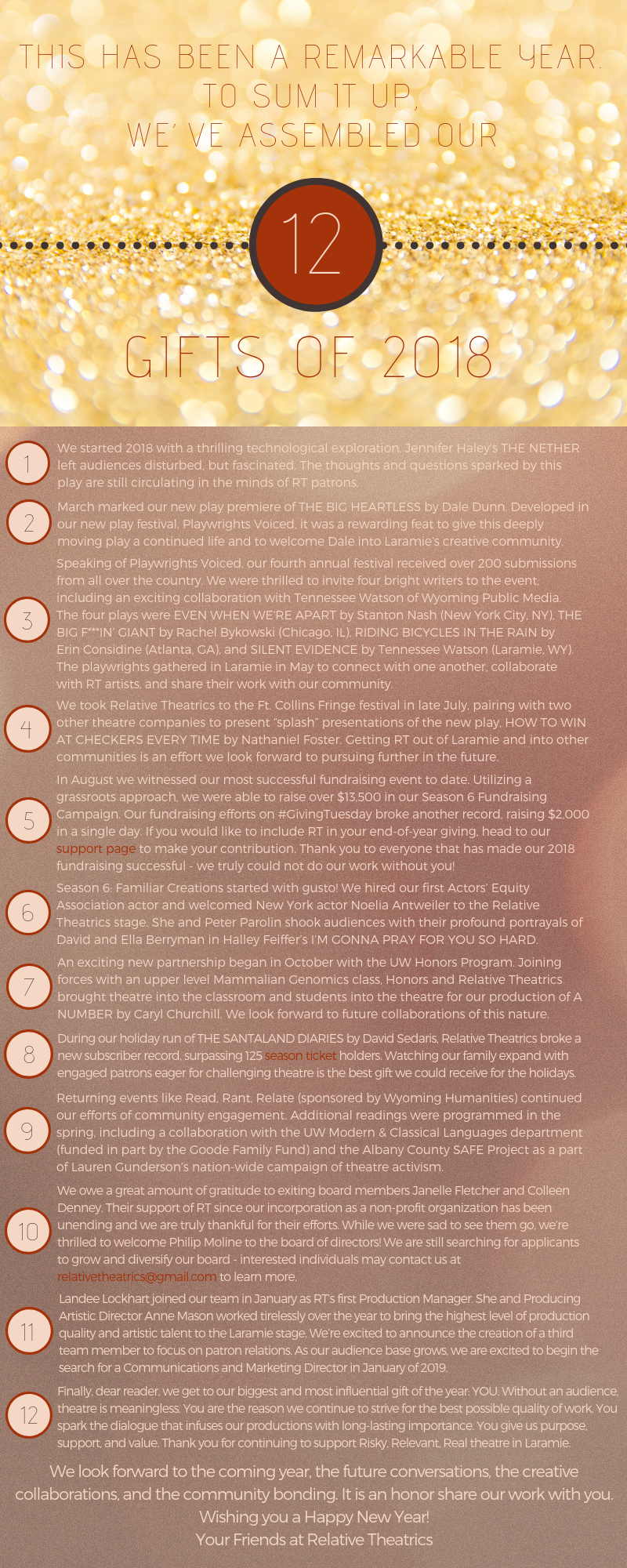
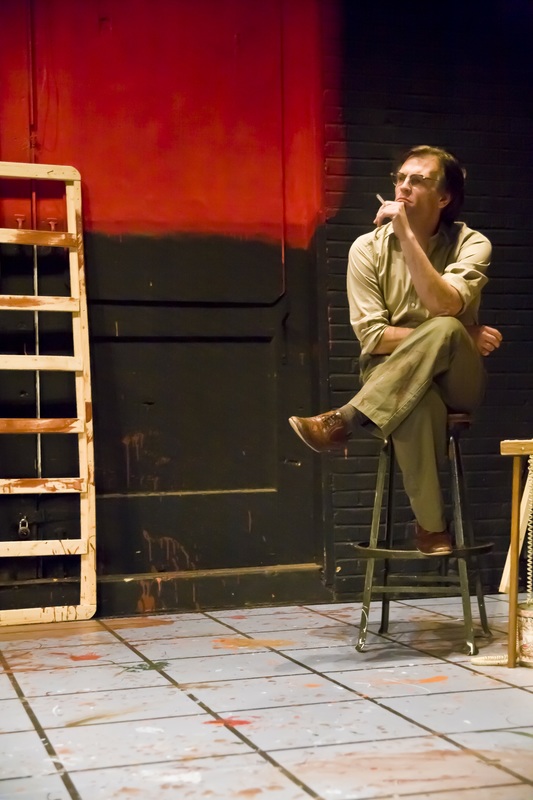
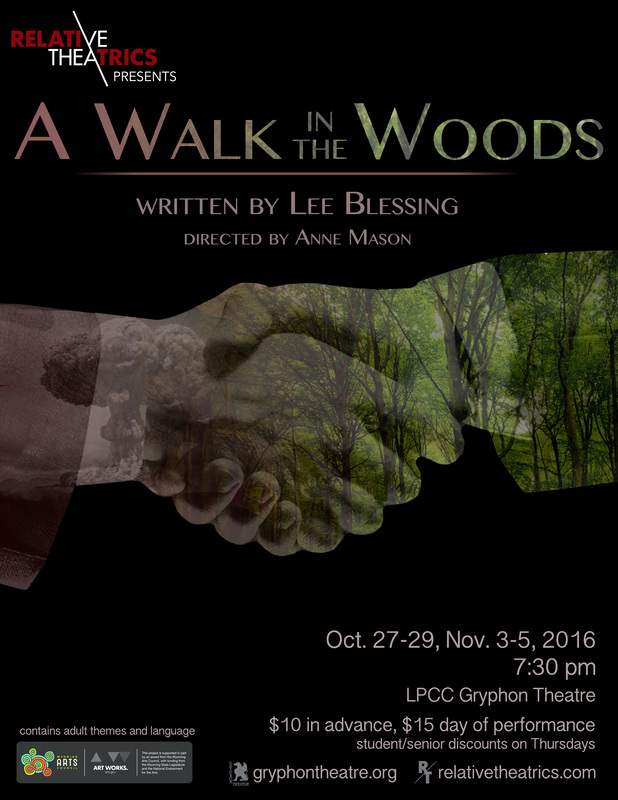
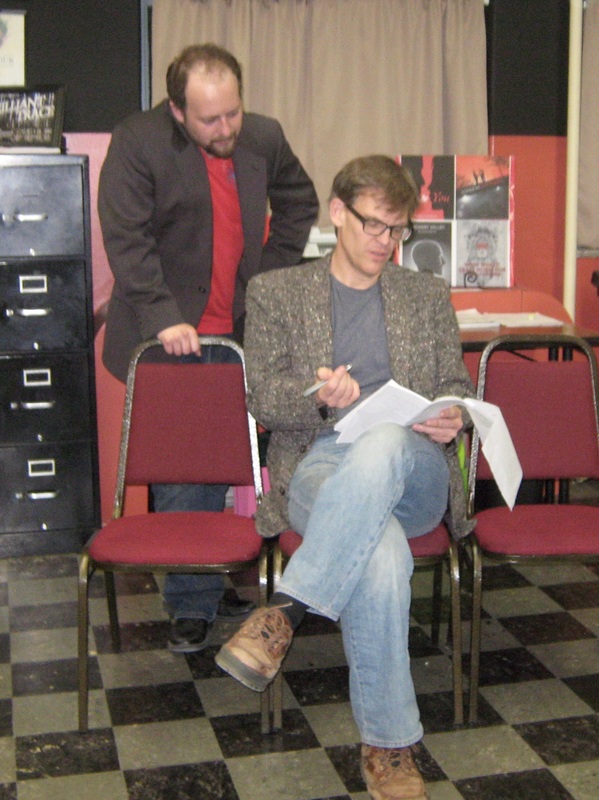
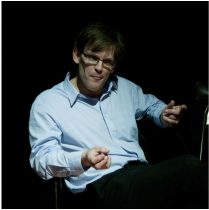
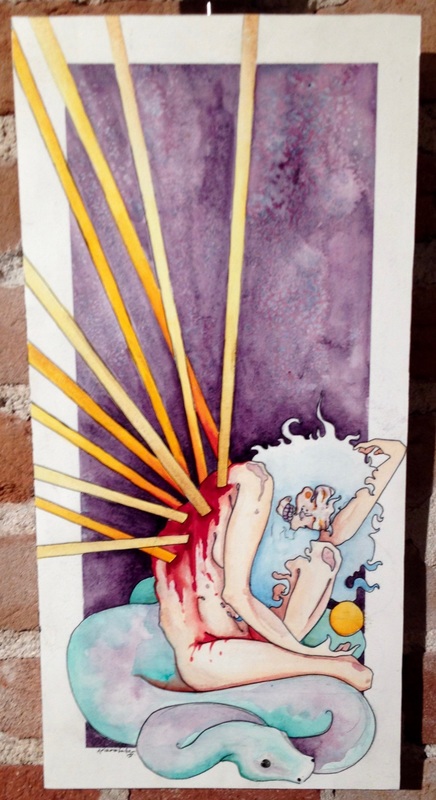
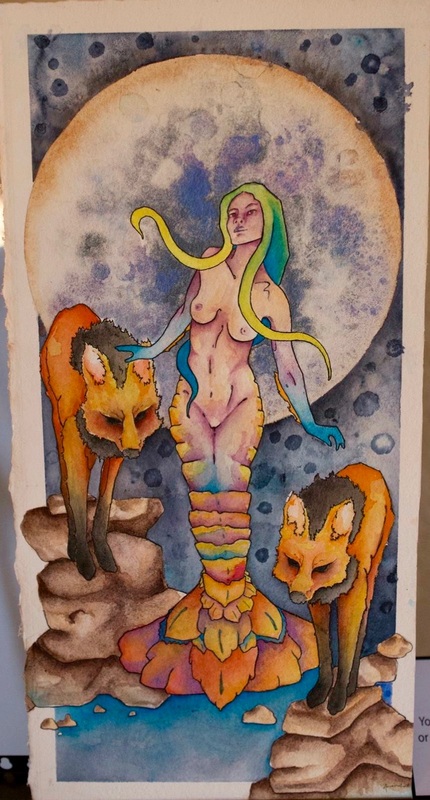
 RSS Feed
RSS Feed